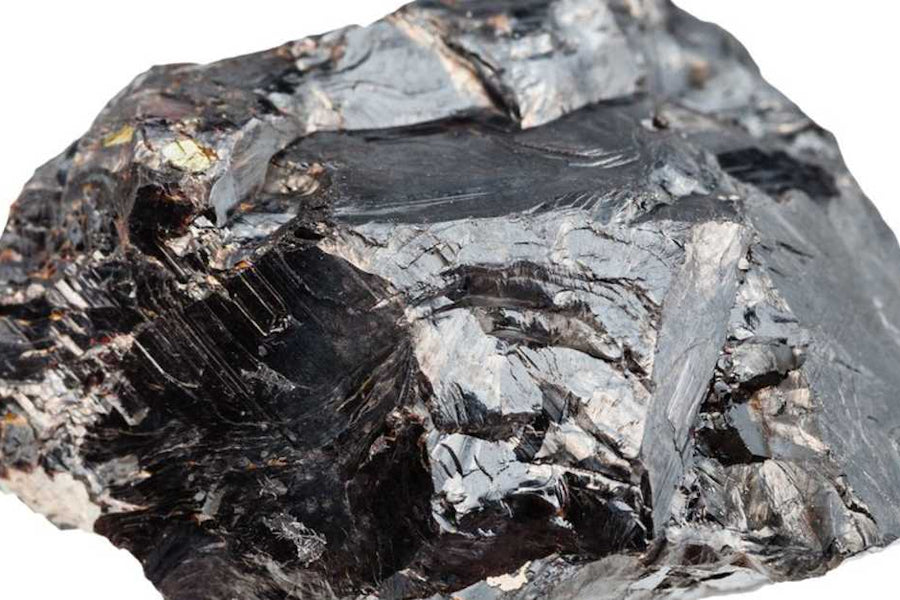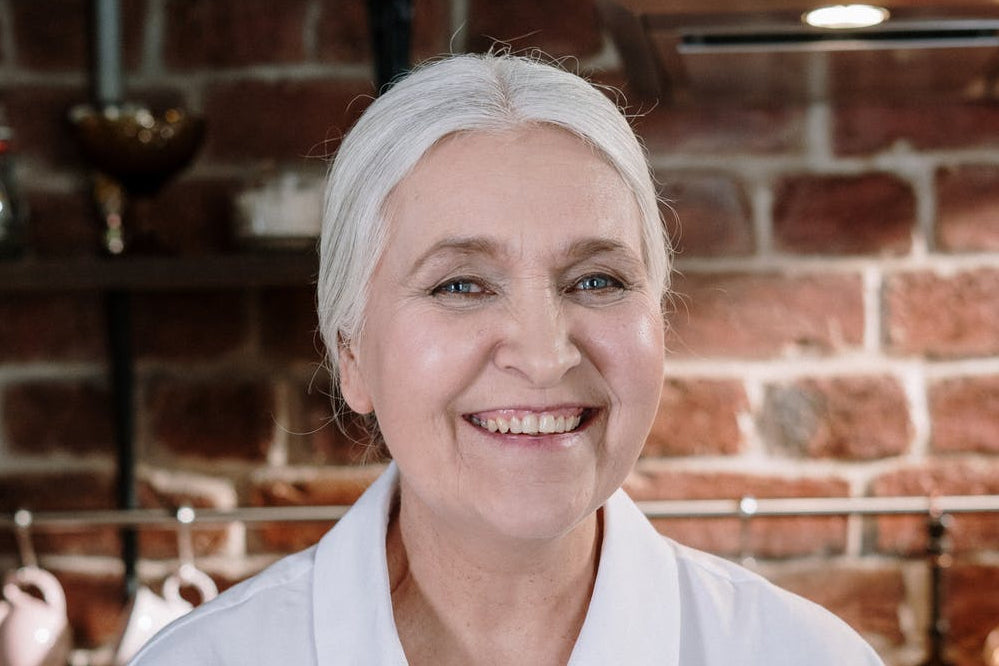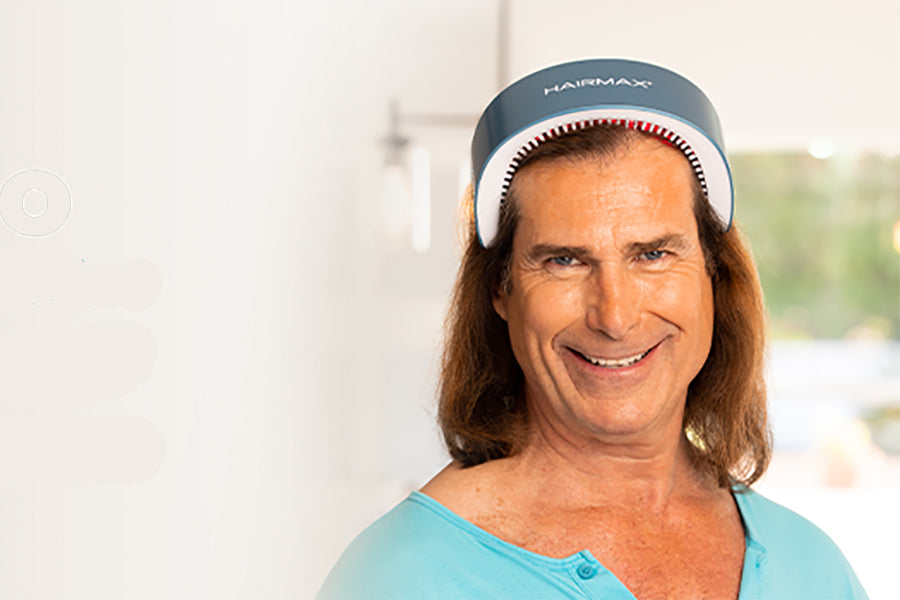Zinc is one of many incredibly important nutrients in our diet that help us to maintain healthy bodily functions. Zinc in particular is used to maintain correct immune system function and growing new cells all over the body. Zinc is again an important nutrient used in wound healing by the body.
You may not know what a Zinc deficiency would actually look like for your body. The following are the most commonly seen effects of a Zinc deficiency:
- Hair Loss
- Unexplained weight loss
- Wounds that heal much slower than normal or don’t heal at all
- Lack of appetite
- Decreased sense of smell and taste
When you have a deficiency in your Zinc levels, your body will always prioritise the function of your major organs. If your body can’t support healthy bodily functions across the whole body, your hair will be one of the first few minor organs that will deteriorate. Now the hair loss that you see is unlikely to be too drastic at first, but over time if your Zinc levels aren’t brought back up to a healthy level the hair loss will continue to worsen.
So where do we get Zinc from in our diet? In truth Zinc is present naturally in a a lot of different foods. Unlike an Iron deficiency, it is easy to get your Zinc dosage from a Vegetarian or Vegan diet.
Foods with high Zinc levels:
- Beef and other animal products
- Oysters
- Spinach
- Wheat Germ
- Pumpkin Seeds
- Lentils
These are the foods that have the highest levels of Zinc, but by no means they are the only foods with Zinc. Check the packaging on your food to see how much Zinc they have per serving. If you don’t have a healthy balanced diet, it is always worth keeping a check on both your Zinc and Iron levels.
A clinical study conducted in 1988 found that certain concentrations of Zinc Sulphate were actually potent inhibitors of 5-alpha reductase. 5-alpha reductase is the enzyme that converts testosterone into dihydrotestosterone (DHT). DHT is the hormone that interacts with your hair follicles to cause genetic hair loss. Being able to prevent the levels of this enzyme locally in the scalp will help to reduce the rate of hair loss you maybe seeing. Additional research also found that Zinc levels on average are lower in sufferers of Androgenetic Alopecia. This goes to show that there is a chance that Zinc levels in your blood does play a role in hair loss. Sufferers of Alopecia Areata and Telogen Effluvium have been found to have an even lower trace level of Zinc when blood tests have been conducted. Whether or not this is a contributor to their condition is unknown at this time.
If you think that your Zinc levels are low or a blood test has shown it is below recommended levels, then there are things you can do. The most obvious solution is to make alterations to your regular diet to increase the amount of Zinc rich foods. Alternatively there are Zinc supplements that you can take daily to bump up your Zinc.
Feed Your Hair With Low Level Laser TreatmentWith this treatment, therapeutic light energy is delivered directly to your hair follicles through the highest quality medical-grade lasers. It uses safe, nourishing low level laser light energy to stimulate the hair follicles at a cellular level. This helps to promote hair growth and extend your hair’s natural growth cycle. HairMax are the leading brand in this field and their lasers have been independently cleared by the FDA to work for hair loss.
HairMax House Use Laser Devices start at £174.95 and there is also a 5 month money back guarantee where you can try the device with no risk to see if it works for you !




Share:
Weird & Wonderful Hair Loss Treatments you definitely shouldn’t try
The Low Down on Alternative Hair Loss Treatments